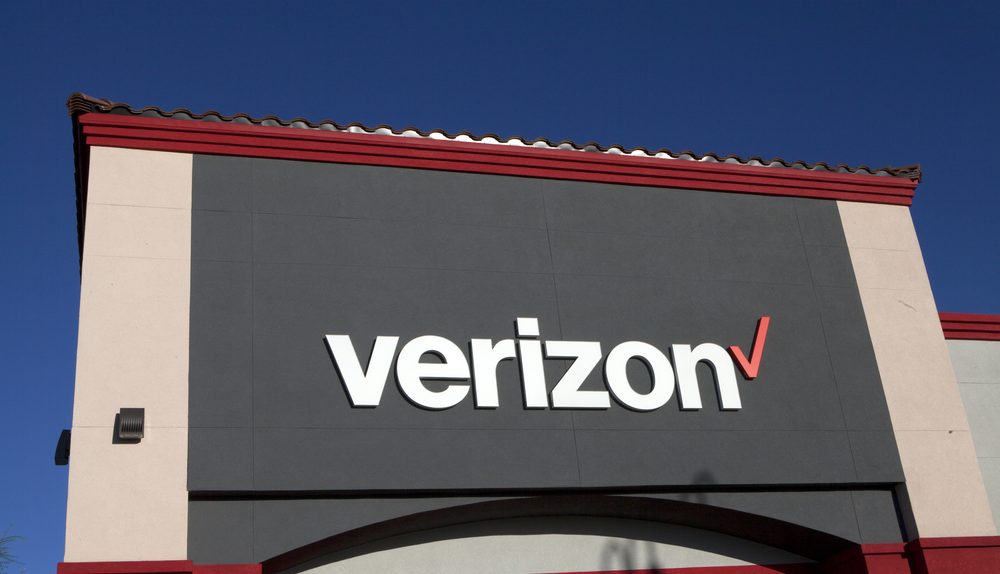Yesterday, we reported on a real-world trial that Verizon conducted in Florida, which used a mix of licensed and unlicensed spectrum to achieve gigabit speeds over existing LTE technology.
Thanks to an RCR Wireless interview with Mike Haberman, Verizon’s VP of network support, we now know that the same gigabit technology is going to be popping up on cell sites “all across the country.” Haberman said that hardware upgrades would be happening over the next couple of months, although it’s likely going to be a little longer than that until you see a difference on your smartphone.
Verizon’s trial, and hopefully the upgrades to cell sites nationally, rely on a few new technologies to boost speed and, more importantly, capacity. License Assisted Access, or LAA, is the brand-new technique that mixes licensed cell spectrum with unlicensed spectrum — in this case, the same 5GHz channels already used for home Wi-Fi networks.
Combining different cell bands is called carrier aggregation, and it’s a trick already used by all four wireless providers to increase speed and capacity. Using unlicensed spectrum in LAA just increases the available spectrum without the logistical cost and hassle of buying and building out more wireless spectrum.
Verizon isn’t the first company to trial LAA, but it is currently the only one to plan to implement it in 2017. Carrier aggregation and the use of high-band frequencies is one of the cornerstones of the yet-to-be-finalized 5G plan, so as advanced LTE technologies like LAA get rolled out over the next few years, prepare to see a lot of bold claims about 5G technology and “4G that’s just like 5G.”
For now, though, a rollout of LAA is good news for every Verizon customer. The trial in Florida used a Qualcomm device with a Snapdragon 835 processor, the same as in most of this year’s flagship Android phones. That gives us hope that LAA compatibility might come to existing device with a software update. At the very least, you should expect to see the iPhone 8 and Google’s upcoming new Pixel have compatibility with the new network technology.










